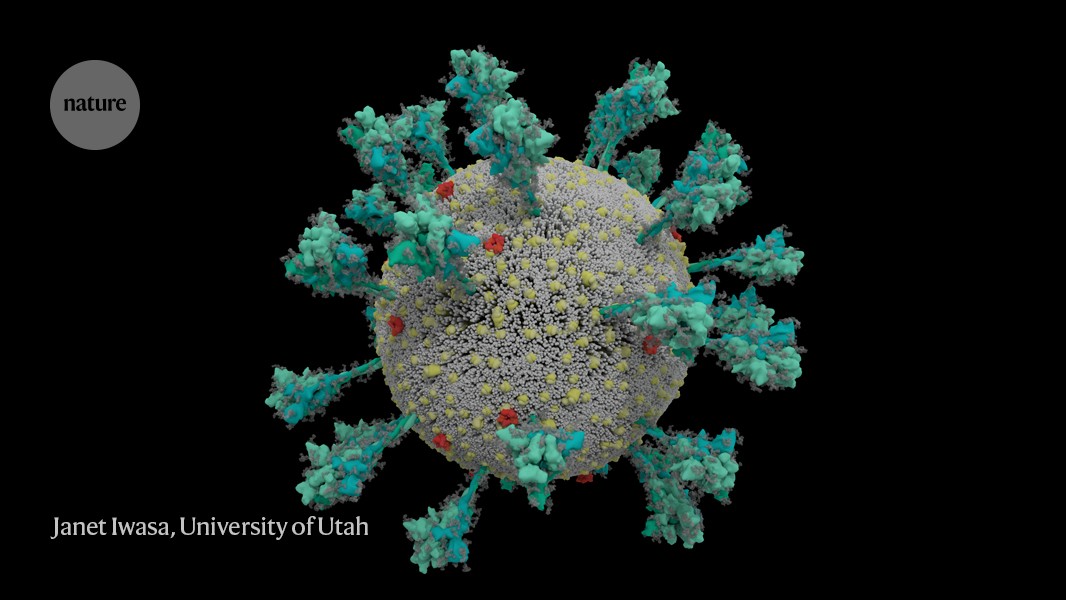Throughout the pandemic, scientists have been looking for ADE associated with SARS-CoV-2, but so far they haven't found any cases of it, noted Lichty.
"This coronavirus may already be sufficiently adapted to humans, so that if it does get into macrophages via a non-neutralizing antibody interaction, it may not allow the macrophage to produce enough cytokine to cause an obvious pathology," he said.
Newer Vaccines Are Safer
Despite hesitancy about the relative newness of mRNA and adenoviral vector vaccines, these vaccines, in fact, have better safety profiles in terms of ADE than older types of vaccines, according to Bloom.
"The bottom line is that not only is the new technology faster to respond to a new viral pandemic, but so much safer and much more clearly scientifically designed," he said. "The S protein vaccines are so much cleaner, so much more carefully defined, and so much lower risk. All you're seeing is one protein from that virus. So the chances for ADE are much slimmer than with any of the older ways for making virus vaccines."














